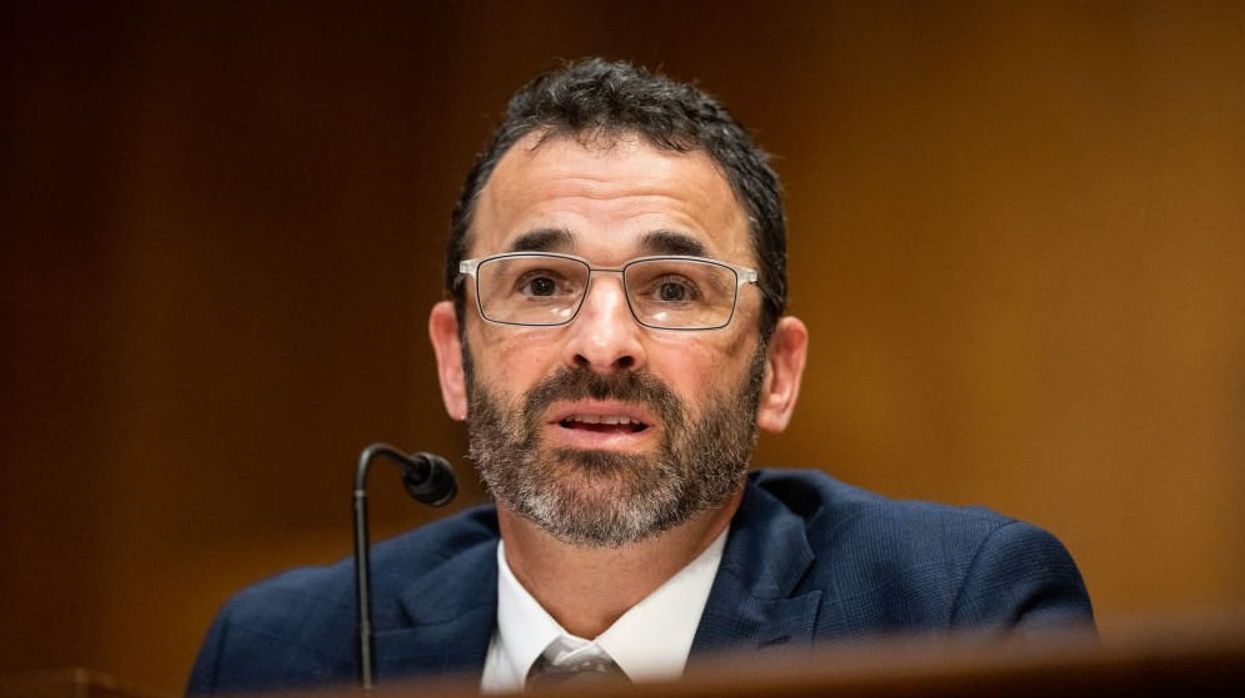
Bill Clark/CQ-Roll Call, Inc via Getty Images

IRS Commissioner Daniel Werfel claimed that cutting his agency's budget to finance military assistance to Israel will cost taxpayers dearly.
On Monday, House Speaker Mike Johnson (R) unveiled legislation to send $14.3 billion in military aid to Israel, a figure both Republicans and Democrats support. To pay for the assistance, the legislation proposes offsetting the cost by rescinding funds appropriated to the IRS in the Inflation Reduction Act.
That proposal, Werfel claimed, will cost taxpayers $90 billion.
"This type of the cut, over the cost of the Inflation Reduction Act, would actually cost taxpayers $90 billion — that's with a 'B,'" he told the Washington Post.
The cost is associated with a reduction in the IRS' ability to collect additional revenue over the next decade.
"All of those funds go to increased scrutiny on tax evasion going on at the highest wealth, and that is millionaires and billionaires and large corporations and large complex corporations," Werfel explained. "When you reduce those audits, you reduce the amount of money that we can collect and return to the Treasury for other priorities."
Werfel's cost estimation, according to the Washington Post, is "based on IRS modeling that shows a 6-to-1 ratio of money spent on tax enforcement to revenue collected."
The Congressional Budget Office, meanwhile, said Johnson's legislation would not cost taxpayers $90 billion. But the nonpartisan agency also found that simply reallocating funds meant for the IRS will not offset the cost of providing emergency military assistance to Israel.
In fact, the CBO found the bill would add $26.8 billion to the deficit, making its net cost $12.5 billion.
Those figures represent estimated costs over the next decade, and they assume the IRS increases revenue collection on wealthy Americans. But as the Treasury Inspector General for the Tax Administration, the official IRS watchdog, explained in a report earlier this year, the IRS is not positioned to increase such capabilities.
Still, the IRS told the Washington Post it has allocated only $2.4 billion of the $80 billion given to them in the Inflation Reduction Act. It's hard to believe that a small percentage of the money not currently being used can't be sent to our No. 1 ally in the Middle East.
Like Blaze News? Bypass the censors, sign up for our newsletters, and get stories like this direct to your inbox. Sign up here!